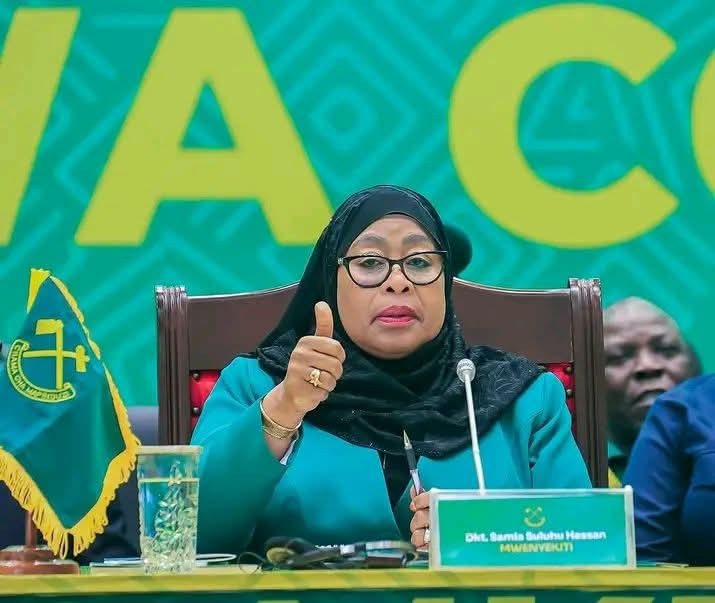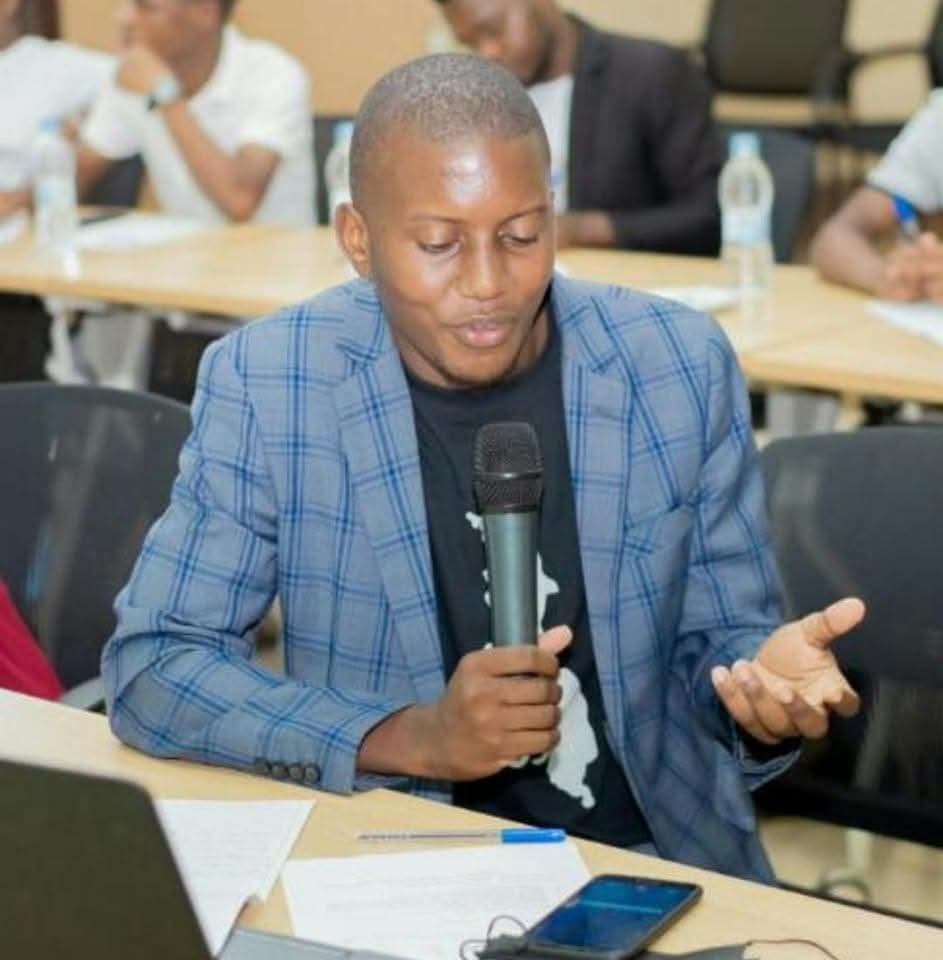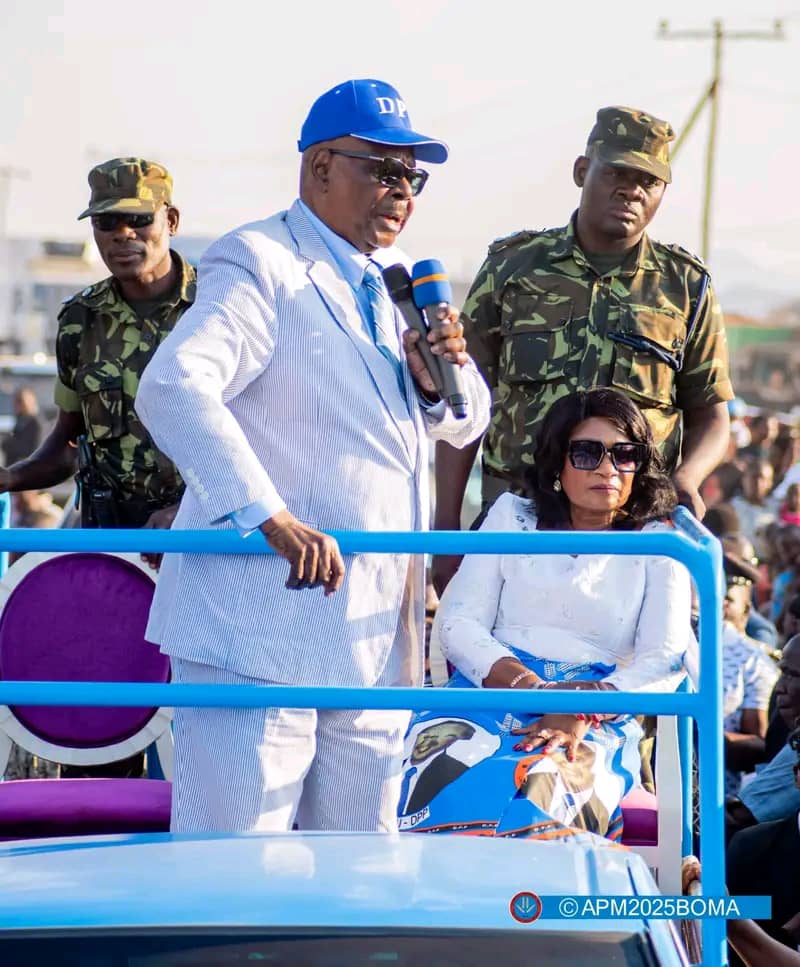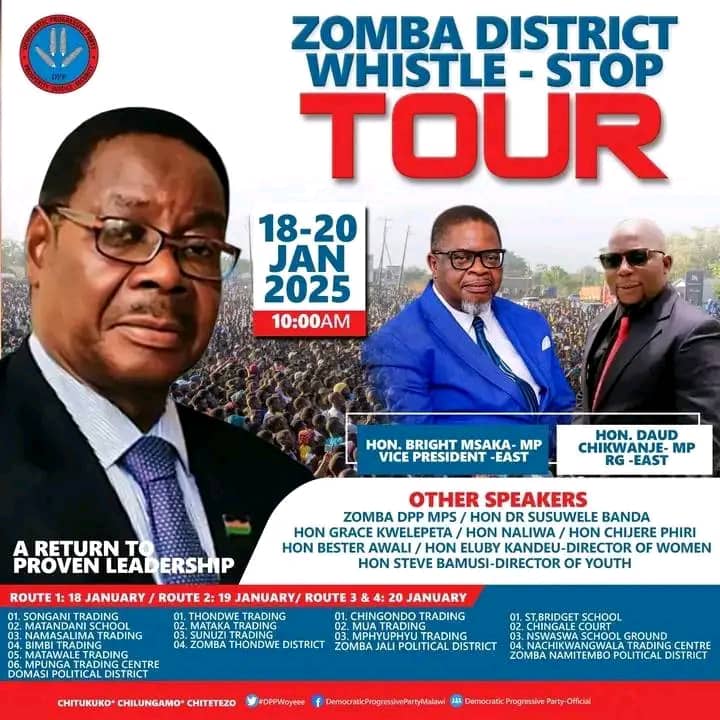The Southern African Development Community (SADC), currently chaired by Malawi’s President Professor Arthur Peter Mutharika (APM), has expressed serious concern over the credibility and transparency of the recent general elections held in Tanzania. A newly released SADC report highlights key irregularities which suggest that the electoral process may not have met regional and international democratic standards.
Controversial Electoral Laws Spark Outrage
According to the statement, SADC was particularly alarmed by the constitutional and legal conditions under which the election was conducted. Two major issues were identified:
- The Court Has No Power to Overturn Electoral Commission Decisions
In Tanzania, the Electoral Commission holds absolute authority over election results. Even if irregularities are reported, the courts are legally prohibited from changing or reviewing the Commission’s final declaration. This means the Commission’s verdict is final, regardless of disputes. - Courts Cannot Investigate the Conduct of the Electoral Commission
The judiciary is barred from probing how the Commission manages the electoral process. This restriction makes it impossible to legally challenge or verify whether procedures followed were lawful or fair.
SADC notes that such laws severely limit democratic accountability and transparency.
Reports of Suppression of Opposition and Media
The report further outlines incidents that raised red flags during the electoral period:
Arrests of Opposition Leaders – Several senior opposition figures were reportedly detained on treason charges, raising fears of political intimidation.
Banning of Major Opposition Parties – Some key parties were barred from contesting, effectively weakening multiparty competition.
Media Restrictions – Journalists were reportedly stopped from reporting voting updates or accessing polling areas.
Observers Restricted to Security Forces Only – Instead of independent monitors, only police and military personnel were allowed to observe, raising conflict-of-interest concerns.
Internet Shutdowns and Low Voter Turnout Concerns
SADC also questioned reports of:
Internet blackouts and power cuts during voting and counting, which limited information flow and transparency.
Election Results Not Matching Voter Turnout – While voter participation appeared extremely low in many areas, the Electoral Commission surprisingly announced a total of 32 million votes, creating suspicion over vote inflation.
Swearing-In Ceremony Conducted Under Tight Security
The newly elected President took the oath of office inside a heavily restricted military barracks, where ordinary citizens and journalists were denied entry. Media coverage was blocked, and photography was not allowed, fueling further public concern regarding legitimacy and openness.
Calls for Democratic Accountability
SADC has urged Tanzania to review its electoral frameworks, ensure respect for political freedoms, and promote transparency in future national elections. Regional leaders emphasize that democracy must not only exist in law but be practiced in reality.





It’s reassuring to see SADC raise concerns and keep the focus on a fair electoral process. Hope this leads to transparent investigations and a peaceful, fair outcome for Tanzania.